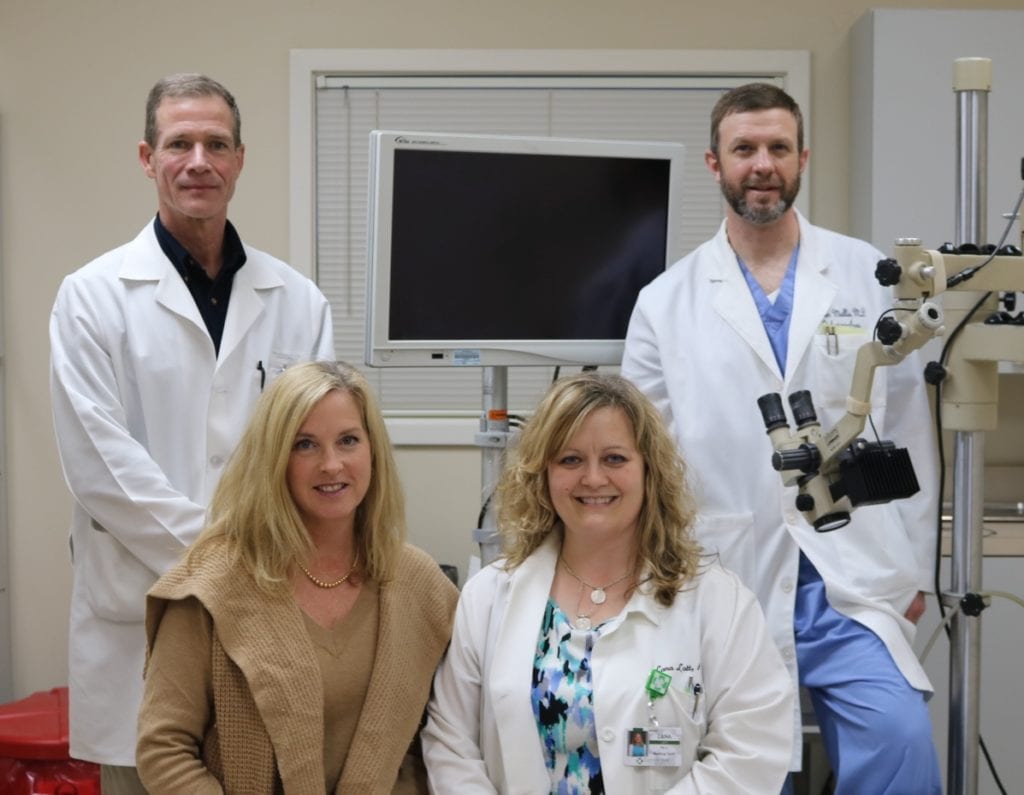Hearing loss is an incredibly common ailment. By 60, one-third of adults will suffer from a degree of hearing loss, and modern technology has increased the prevalence of noise-induced hearing loss in younger adults.
Unfortunately, a mere 20% of those that suffer from hearing loss actually seek treatment. If your loved one has recently purchased a new set of hearing aids, they’re ahead of the curve.
Hearing aids are wonderful devices that can help us experience the wonders of sound again, but they don’t work magic overnight.
Here are 5 things you should expect now that your loved one can hear again with their hearing aids.
1. They May Face Some Initial Friction
Hearing aids aren’t a one-size-fits-all device. Each person has a unique level of hearing loss, a one-of-a-kind ear structure, and specific comfort, style, and portability requirements.
If your loved one purchased a hearing aid online, it might not be a good fit for them.
We heavily recommend that you take advantage of your local hearing specialist to help you find the perfect hearing aid for your loved one’s unique needs.
Even after you find the perfect hearing aid, you need to fit and program the hearing aid and deal with routine issues that may pop up.
Expect to deal with some initial friction during the hearing aid journey.
This is perfectly normal, and it’s important to meet these early needs if you want your loved one to adjust to their new hearing aids.
2. Expect an Adjustment Period
It can (and usually will) take a few months to adjust to new hearing aids.
The device itself will help your loved one experience new sounds immediately, but their brain and ear structures may not be ready to process that information at that moment.
Hearing is complex. It requires your brain to coordinate with your ear anatomy, and the convergence of these two muscles also involves other senses, nerves, and bodily structures.
Hearing loss generally happens over a long period of time. Your loved one will be working out muscles that haven’t been used in years.
Patience is key during this step.
You want to regularly communicate with your hearing professional to work out any kinks, discuss any changes, and monitor any issues.
3. Rest is Necessary
Remember, hearing is like a muscle. When you work out, you need rest to actually build those muscles.
Adjusting to hearing aids can be a tiring experience, and it’s important to remind your loved one to take breaks.
Over time, they’ll begin to notice more noises, adjust to higher pitches, and find comfort with background noises. But it may require some rest periods.
That’s perfectly normal! They don’t have to wear their hearing aid around-the-clock at first. Give them time to adjust to those new experiences.
4. Hearing Again is Wonderful and Challenging
Over 70% of those who use hearing aids say that it improves their ability to communicate.
Even better, 70% say that hearing aids have improved their relationships with their loved ones.
Almost all of the people we see at our clinic say that hearing aids were life-changing.
But that doesn’t mean that they aren’t challenging.
Your loved one will have to learn new daily routines, practice good cleaning habits, and learn how to secure and store their new device.
For a while, this daily disruption may cause aggravation and annoyance. That’s ok! Learning habits is difficult for everyone. But once these new routines become a habit, it will be like second-nature.
5. Expect Regular Checkups
Even after your loved one has adjusted to hearing aids and learned new routines, they’ll still need semi-regular checkups with their hearing professional.
Over time, hearing aids need to be reprogrammed, professionally cleaned, repaired, and replaced.
Forging a meaningful relationship with your local hearing professional will help your loved ones make the most of their newly-acquired hearing technology.
We’re Here For You and Your Loved Ones
We know that adjusting to hearing aids isn’t always a walk-in-the-park, but the payoff is immense.
If your loved one is experiencing challenges during this time, encourage them to visit their hearing care expert for advice.
Alternatively, please speak to our friendly team for advice on how to best support them.




